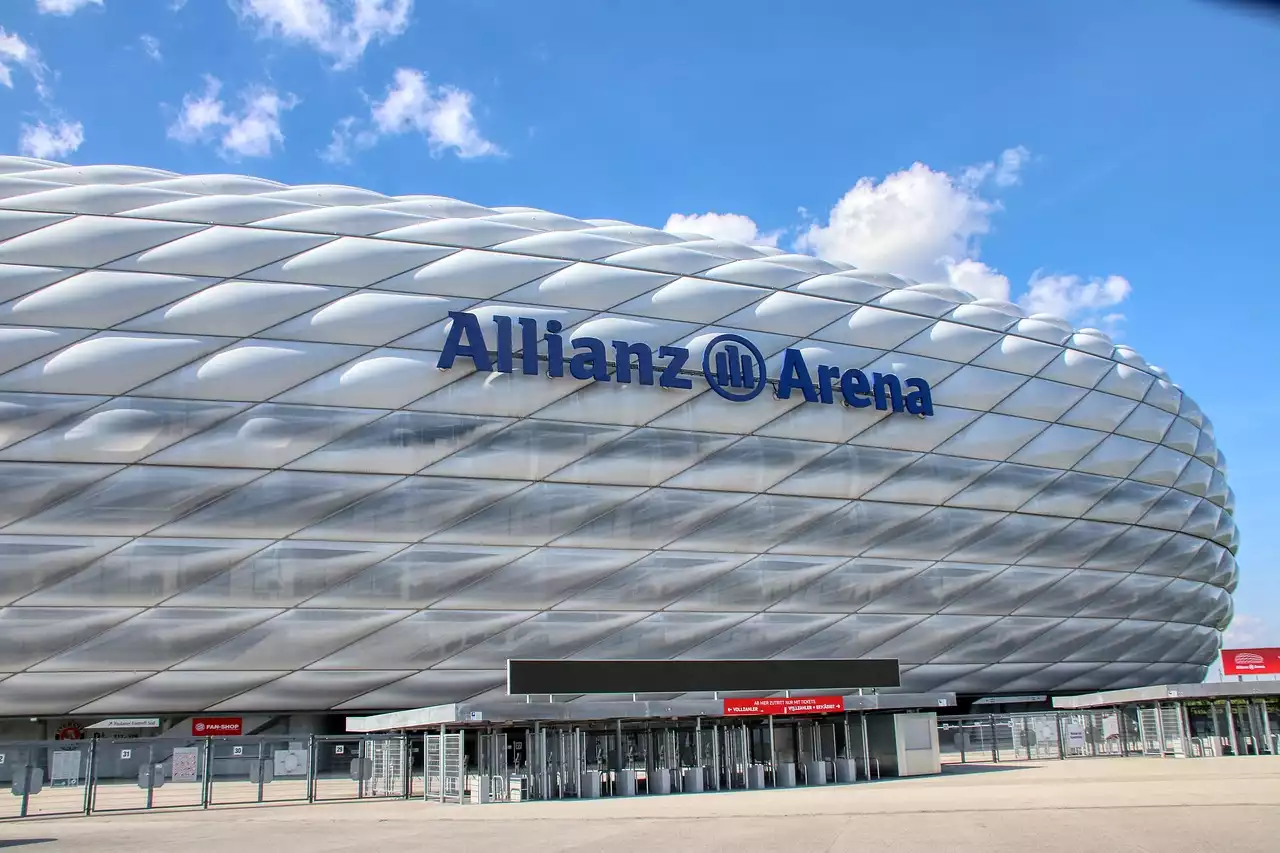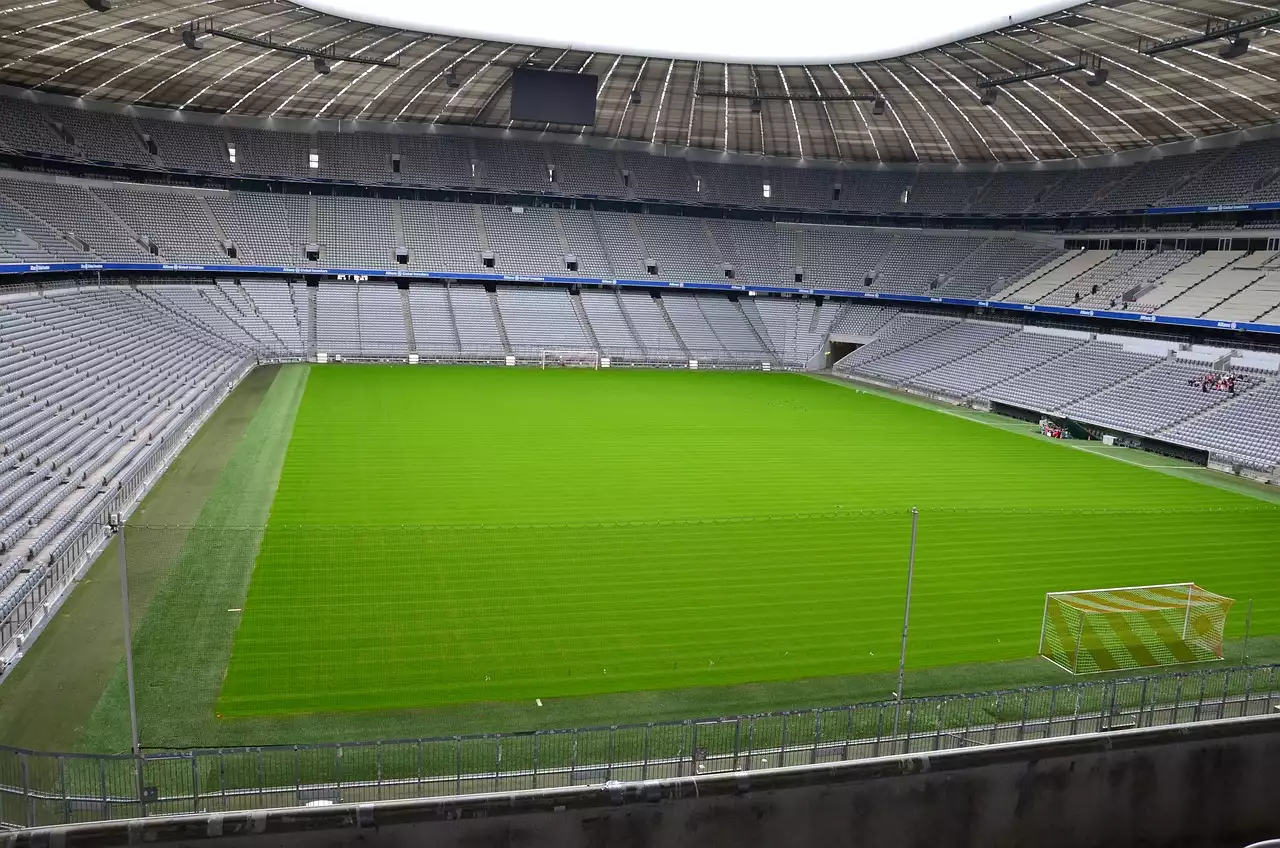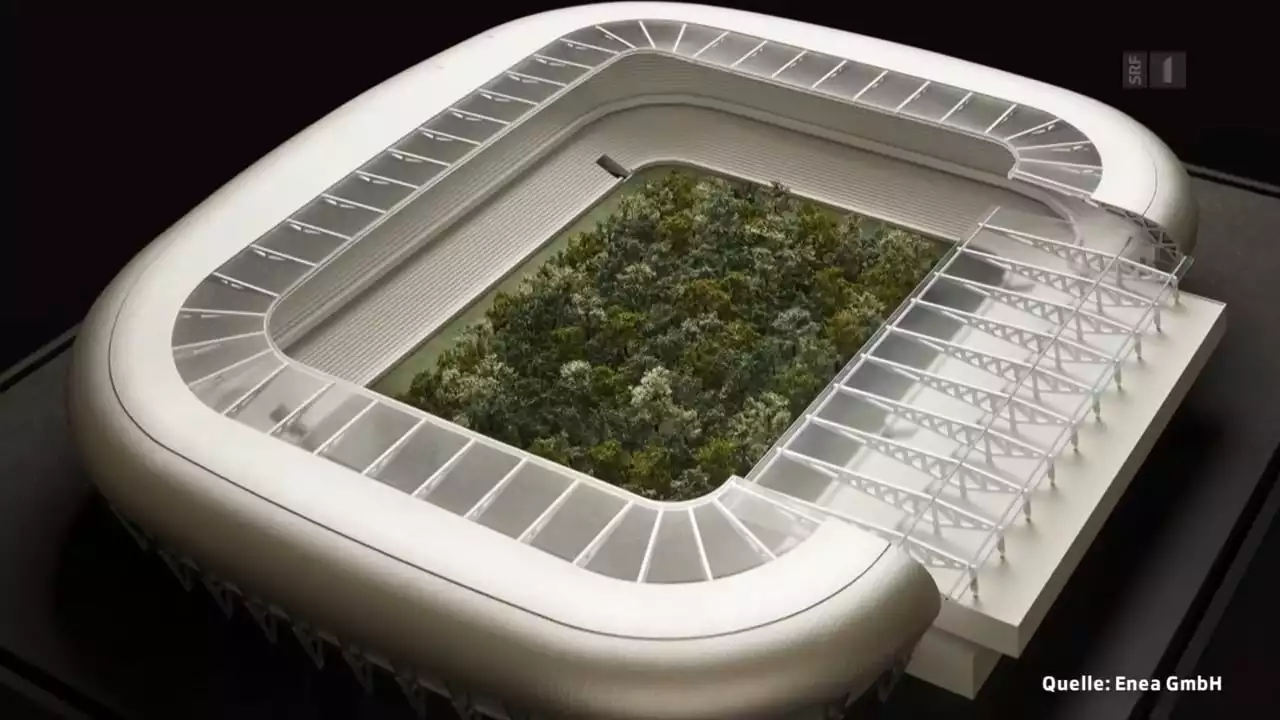Sustainable Energy Sources in Stadiums
One of the key ways in which Austrian football stadiums are embracing eco-friendliness is through the use of sustainable energy sources. Many stadiums have installed solar panels on their roofs, harnessing the power of the sun to generate clean electricity. These panels are strategically positioned to maximize exposure to sunlight, ensuring optimal energy production. By relying on solar energy, stadiums are not only reducing their carbon footprint but also saving money on energy bills. This renewable energy source is not only environmentally friendly but also a cost-effective solution.
In addition to solar panels, some stadiums are also exploring other renewable energy sources such as wind and geothermal energy. Wind turbines installed near stadiums can generate electricity, especially in regions with favorable wind conditions. Geothermal energy, on the other hand, utilizes the heat from the Earth's core to generate power. By tapping into these sustainable energy sources, Austrian football stadiums are significantly reducing their reliance on fossil fuels and contributing to a greener future.
HIgh Efficient Solar Panel in India | Lubi Solar Panel at Motera Cricket Stadium
Waste Management and Recycling Initiatives
Another important aspect of eco-friendliness in Austrian football stadiums is waste management and recycling. These stadiums have implemented comprehensive waste management systems that prioritize recycling and minimize waste sent to landfills. Separate bins are strategically placed throughout the stadiums, making it easy for fans to properly dispose of their waste. These bins are labeled clearly to encourage recycling and ensure that recyclable materials are separated from general waste.
Stadiums also partner with recycling companies to ensure that the collected recyclable materials are properly processed and recycled. This collaboration helps divert waste from landfills and reduces the environmental impact of stadium operations. Additionally, some stadiums have implemented composting systems to manage organic waste generated during matches. By composting organic waste, stadiums are able to reduce their overall waste output and promote a circular economy.
Water Conservation Measures
Water conservation is another area where Austrian football stadiums are leading the way. These stadiums have implemented various measures to minimize water consumption and promote efficient water use. One common practice is rainwater harvesting, where stadiums collect rainwater and store it for later use. This harvested rainwater is then used for tasks such as irrigation, cleaning, and flushing toilets, reducing the demand for freshwater.
To further conserve water, stadiums have also installed water-efficient fixtures and equipment. Low-flow faucets, toilets, and showerheads are used throughout the premises to minimize water wastage. Additionally, stadiums have implemented irrigation systems that utilize smart technology to optimize water usage. These systems monitor soil moisture levels and weather conditions to determine the precise amount of water needed for irrigation, preventing overwatering and reducing water waste.
Sustainable Transportation Options for Fans
Austrian football stadiums are not just focusing on eco-friendly practices within their premises but also encouraging sustainable transportation options for fans. Many stadiums have partnered with public transportation authorities to promote the use of public transit to and from matches. Fans are encouraged to use buses, trams, or trains to reach the stadium, reducing the number of cars on the road and minimizing carbon emissions.
Stadiums also provide ample bicycle parking facilities to encourage fans to cycle to matches. These parking areas are equipped with secure bike racks and are conveniently located near stadium entrances. By promoting cycling as a viable transportation option, stadiums are not only reducing traffic congestion but also promoting physical activity and a healthier lifestyle.
Green Building Design and Materials
The construction and design of Austrian football stadiums also play a crucial role in their eco-friendliness. Stadiums are incorporating green building principles and sustainable materials to minimize their environmental impact. For instance, stadiums are designed to maximize natural lighting and ventilation, reducing the need for artificial lighting and air conditioning. This not only saves energy but also creates a more comfortable and pleasant environment for fans.
In terms of materials, stadiums are opting for sustainable and recycled building materials wherever possible. Green roofs, made with vegetation, are being incorporated into stadium designs to improve insulation, reduce stormwater runoff, and create a more visually appealing environment. Additionally, stadiums are using recycled concrete, steel, and other building materials to minimize the extraction of virgin resources and reduce waste.
The Role of Technology in Promoting Eco-Friendly Practices
Technology is playing a significant role in promoting eco-friendly practices in Austrian football stadiums. Stadiums are adopting smart technologies to monitor and optimize energy usage, water consumption, and waste management. Energy management systems are installed to track energy consumption patterns and identify areas for improvement. Real-time monitoring allows stadium operators to identify inefficiencies and make adjustments accordingly, leading to energy savings.
Similarly, smart water management systems are employed to monitor water usage and detect leaks or abnormalities. These systems provide valuable data that can be used to identify and address water wastage, ensuring efficient water use. Furthermore, waste management systems are equipped with sensors and tracking mechanisms to monitor waste levels and optimize collection schedules, minimizing the environmental impact of waste management.
Collaborations with Environmental Organizations and Initiatives
Austrian football stadiums are actively collaborating with environmental organizations and initiatives to further their eco-friendly efforts. Partnerships with NGOs, sustainability-focused companies, and local environmental groups help stadiums stay updated on the latest green practices and technologies. Through these collaborations, stadiums can access expertise, resources, and funding to implement innovative eco-friendly initiatives.
Stadiums also engage in community outreach programs to raise awareness about environmental issues and promote sustainable practices among fans and the local community. These initiatives include educational campaigns, workshops, and events that aim to inspire and educate individuals about the importance of environmental sustainability. By working with environmental organizations and actively involving the community, stadiums are creating a collective effort towards a greener future.
Positive Impact on the Community and Fan Engagement
The eco-friendly practices implemented by Austrian football stadiums have a positive impact on the community and fan engagement. Stadiums are not only reducing their carbon footprint but also inspiring fans to adopt sustainable practices in their own lives. By showcasing the importance of environmental stewardship, stadiums are empowering individuals to make eco-conscious choices and contribute to a greener future.
Furthermore, the community benefits from the sustainable initiatives undertaken by stadiums. Rainwater harvesting systems, for example, help alleviate pressure on local water resources and reduce the risk of water scarcity. Recycling initiatives create employment opportunities in waste management and recycling industries, supporting local economies. Additionally, the adoption of sustainable transportation options reduces traffic congestion, leading to improved air quality and a more livable community.









